Cooking holidays to write home about
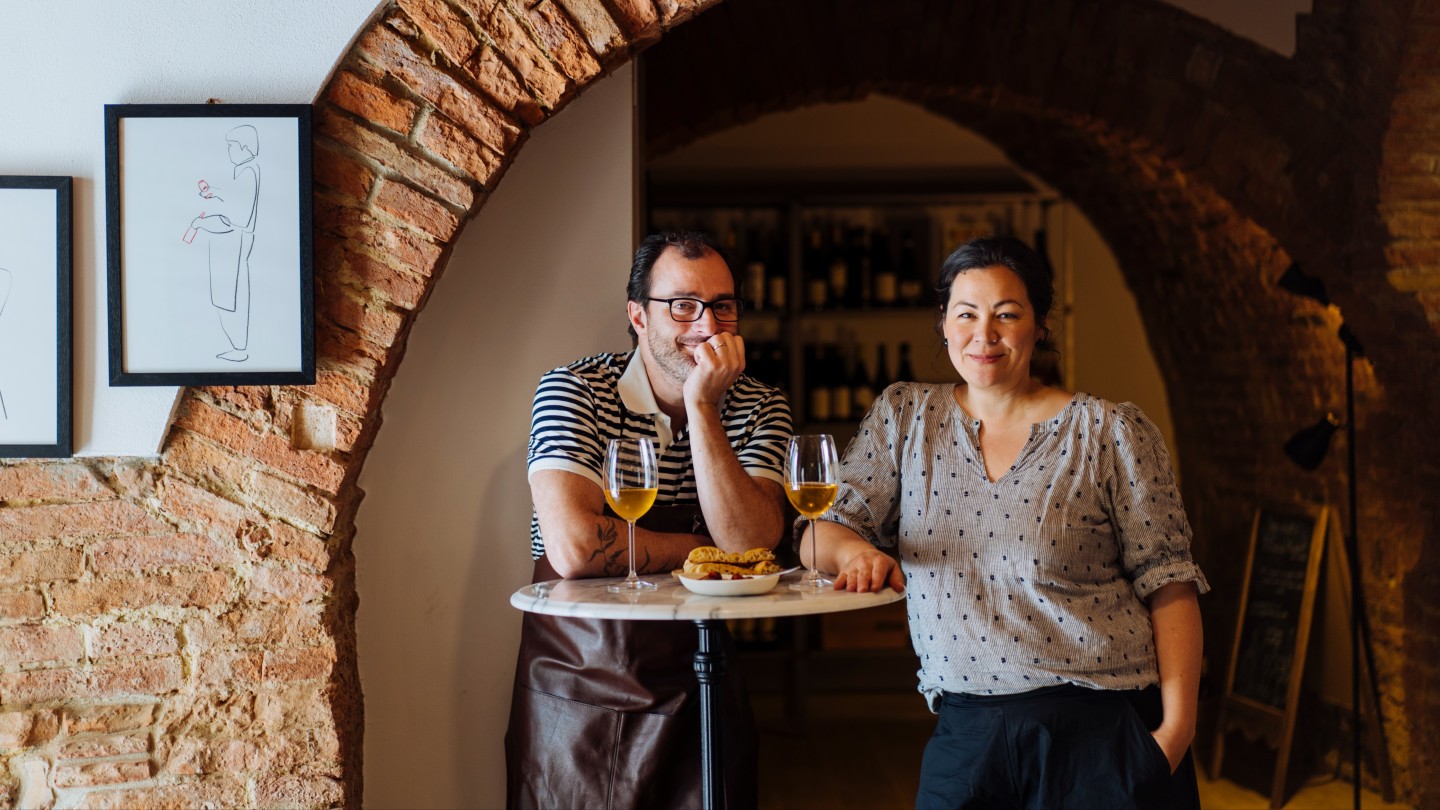
Roula Khalaf, Editor of the FT, selects her favourite stories in this weekly newsletter.
Emiko Davies grew up between Australia and China and moved to the US to study fine art. The first time she visited Florence on a semester abroad, she “just fell in love” with the place. She returned after graduating for a year, hoping to get it out of her system. “That was in 2005,” she remarks. “I’m still here.”
She met an Italian sommelier named Marco Lami. They got married in 2008. She started a food blog, which led to cookbooks including Florentine: The True Cuisine of Florence. And in 2021, after having two children, they moved to Marco’s hometown of San Miniato, a hilltop village between Florence and Pisa, where they recently realised their long-held ambition of opening a cooking school and wine shop called Enoteca Marilu.
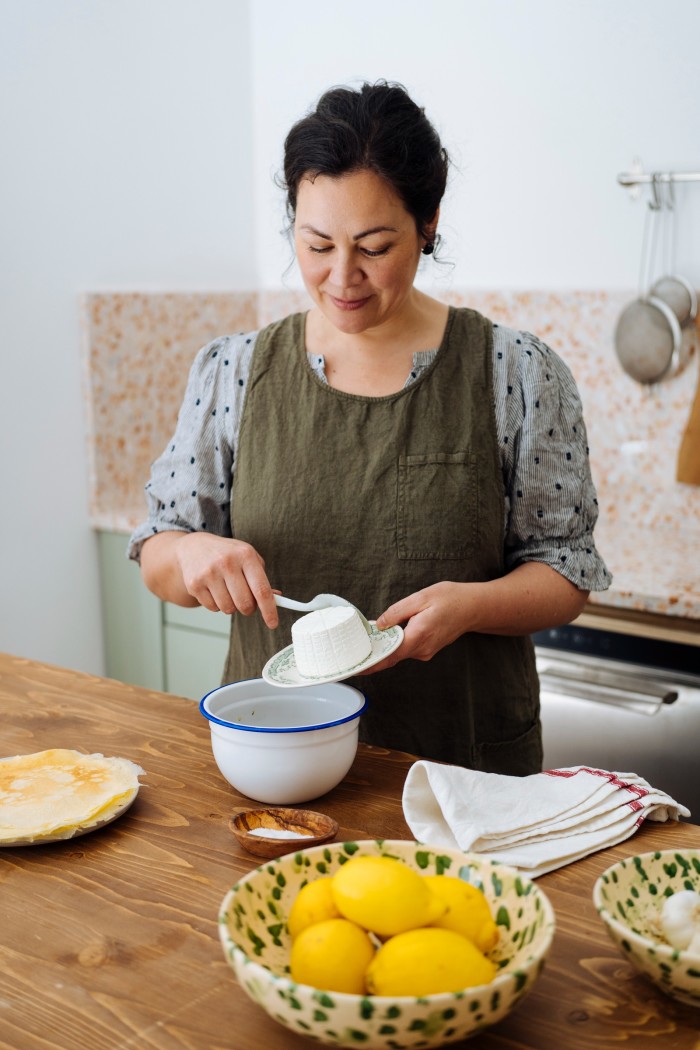
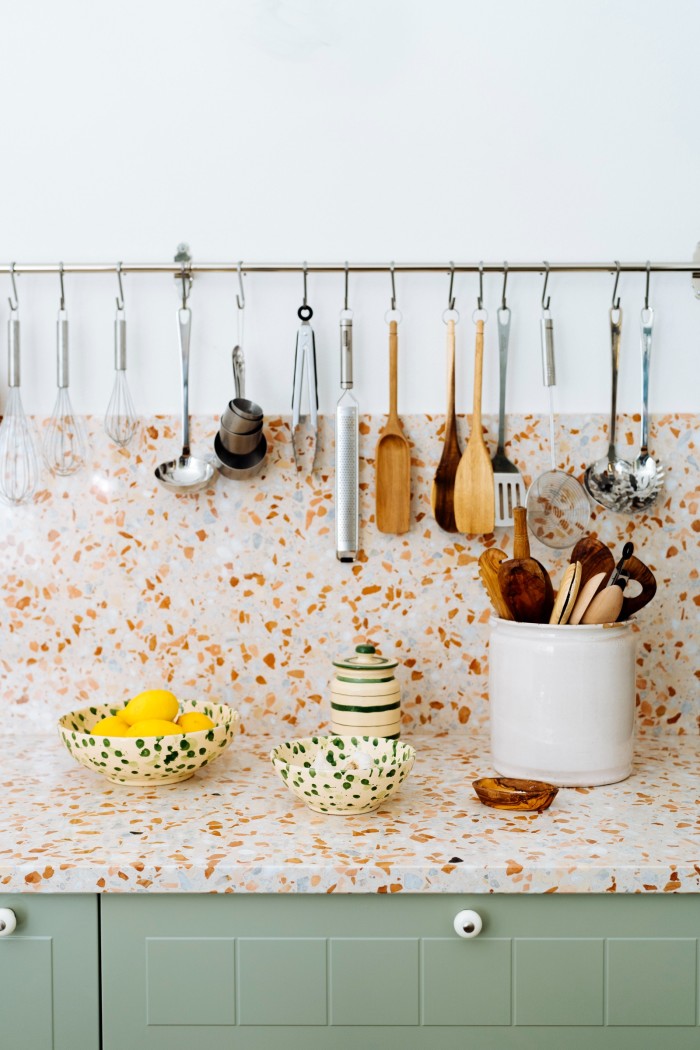
Alongside day courses on natural and Italian wines, students can enrol on five-day seasonal Tuscan workshops for up to eight people. These may involve visits to the local market, farmers and artisans; a truffle hunt with a tartufaio and his curly haired Lagotto dog (San Miniato is renowned for its varieties of truffles, including white truffles in the autumn); and lessons on how to cook a range of Tuscan dishes. “I particularly love teaching pici,” says Davies. “It’s a Tuscan pasta you don’t need a machine for, just your hands. Like playing with Play-doh, you’re basically rolling snakes. Adults have a lot of fun.”
While it’s common for tourists to be bussed around Tuscany in a single day to see all the major attractions, “this is the total opposite way of travelling”, says Davies. “I’m telling you to stay in one tiny town for five days. We’ll visit the local cheesemaker and butcher; cook and eat; and in the evening you can go try one of the local restaurants. It’s slowing down and stopping to see the things that are here, which is a far more valuable experience.”
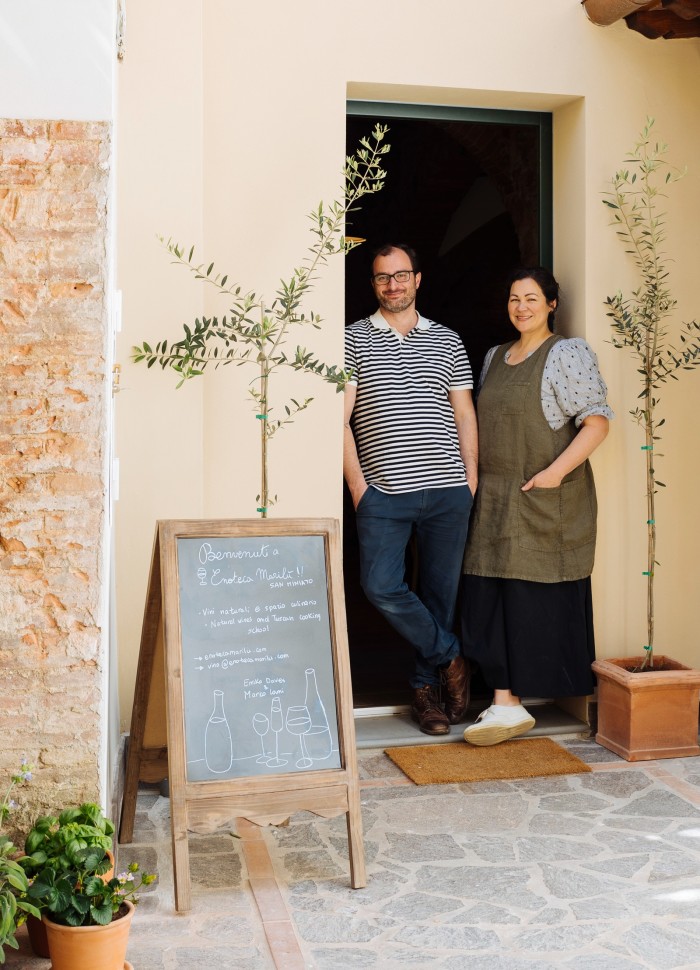
Enoteca Marilu joins a growing number of cookery schools run by food writers, cooks and other small operators aimed at travellers who want to immerse themselves in a region’s food culture and live and eat like a local. Much of their appeal rests in their magical locations. Enoteca Marilu is housed in a charming former stable off the main piazza. “The space is filled with arched vaults with rings on the walls where the animals used to be tied up,” says Davies. San Miniato may also be the perfect Tuscan backdrop. Not only is it home to excellent restaurants and food shops, it’s also a “real place”, says Davies. “You see old men sitting on the piazza. Everyone knows each other. And it’s built along a ridge, so everyone has the most beautiful view. Rolling hills, olive trees, vineyards – it’s like a painting.”
The same could be said of the vistas at Salt Water Farm cooking school in Maine, where students look out over Penobscot Bay while feasting at a long table under a grape arbour. Or The Agrarian Kitchen in Tasmania’s Derwent Valley – an ideal jumping-off point to explore the island’s rugged terrain and capital Hobart’s burgeoning restaurant scene.
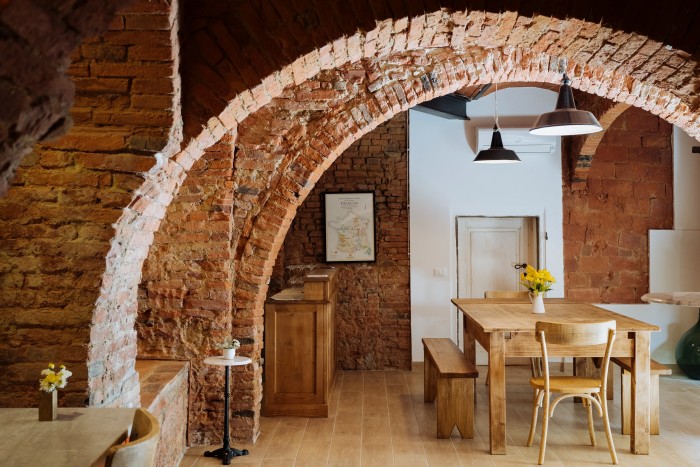
Getting a “behind-the-scenes” look into culinary traditions can also be a draw. At the Anna Tasca Lanza school in Sicily, students experience the making of estratto (tomato paste), nicknamed “Sicilian caviar”. This end-of-summer rite was once common across Sicily and southern Italy but is dying out because it requires so much work. Last year the school transformed more than 200 kilos of tomatoes into just 17 kilos of tomato paste with the help of its guests, adhering to the school’s ethos of participatory tourism, where visitors have a hand in preserving Sicilian food heritage.
For amateur cooks, there’s also no substitute for the hands-on guidance being offered on these courses. “It’s so different from watching a tutorial on YouTube or reading a cookbook,” says Davies. “When you’re actually going through the motions, your hands remember what you’ve done and you can replicate it at home.” Not to be underestimated either is the camaraderie that comes with cooking and eating with other like-minded souls. “Sharing a meal is always a special way to get to know people. But when you’ve cooked it together as well, there’s another level of bonding,” says Davies. As Julia Child almost said, people who love to eat and cook their way through a holiday are always the best people.
Five delicious food retreats
The Agrarian School, New Norfolk, Tasmania

Masterclasses at this school, run by former food editor Rodney Dunn and his wife Séverine Demanet, cover subjects including natural cheesemaking, charcuterie and whole-hog cooking. theagrariankitchen.com
Anna Tasca Lanza, Sicily
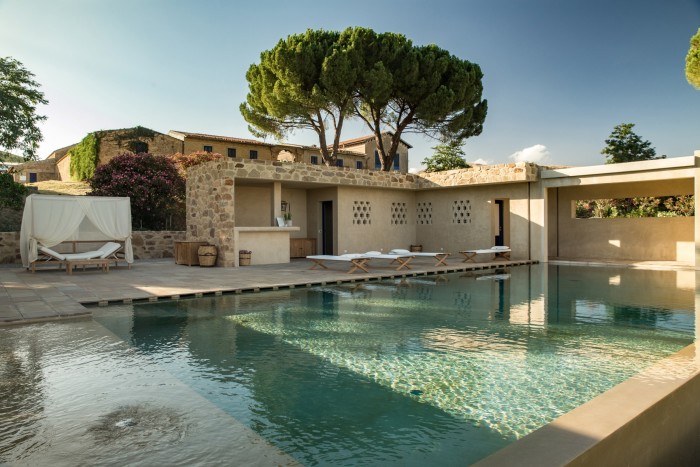
Opened in 1989, this celebrated school in central Sicily offers workshops on everything from olive oil to classic Sicilian dishes such as cannoli, cassata and fresh cavatelli pasta. annatascalanza.com
The Cook’s Atelier, Beaune, France
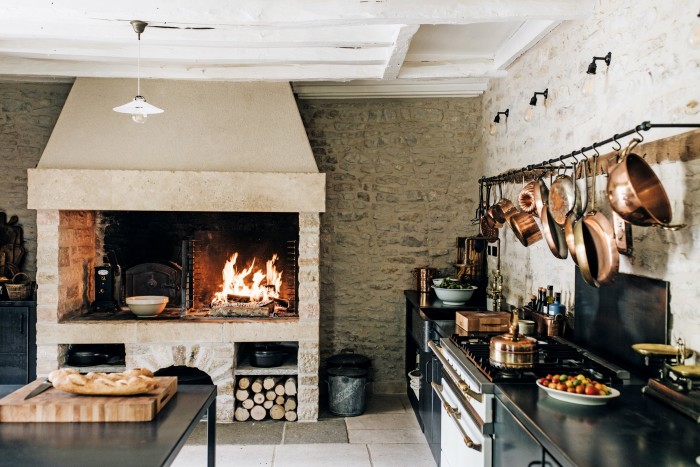
The popular five-day seasonal Burgundy masterclass at this family-founded school near Dijon highlights classic French techniques for preparing stocks, sauces and soufflés. thecooksatelier.com
Salt Water Farm Cooking School, Maine
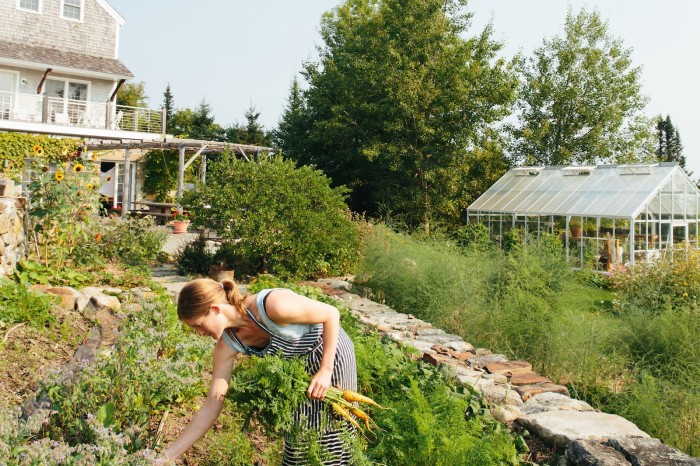
Run by chef Annemarie Ahearn, this oceanfront culinary retreat runs workshops on modern country cooking as well as classes that honour the late female cooks Julia Child, Marcella Hazan and Edna Lewis. saltwaterfarm.com
Mirukashi Salon, Kyushu, Japan
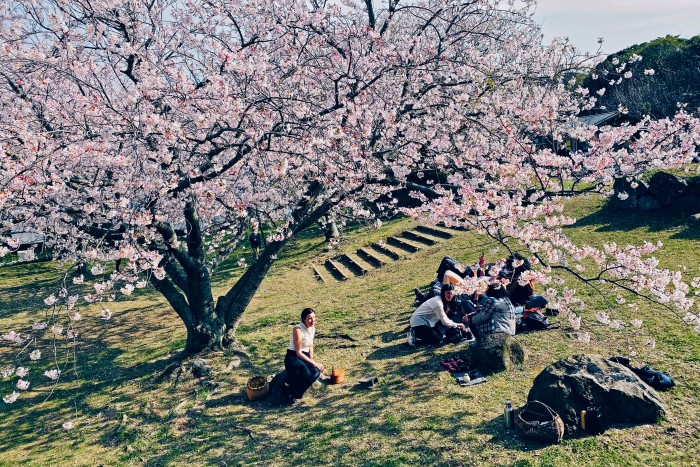
These immersive culinary tours (for up to six people) combine foraging, restaurant visits and workshops at founder Prairie Stuart-Wolff’s home, including how to make dashi. mirukashi.life
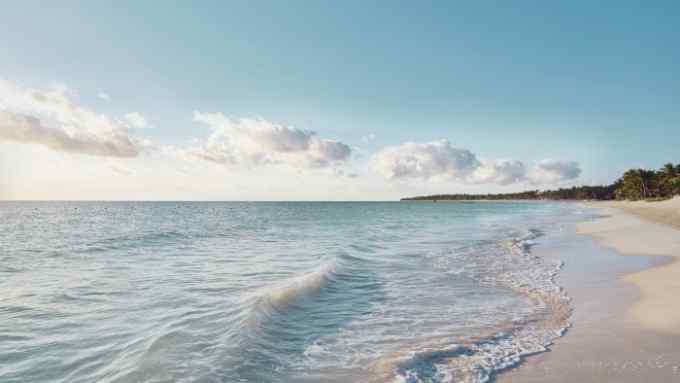
Comments